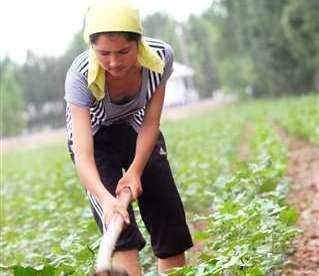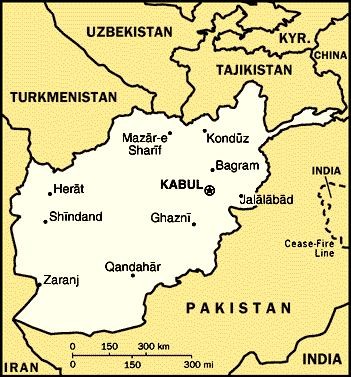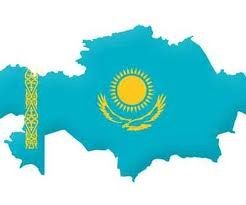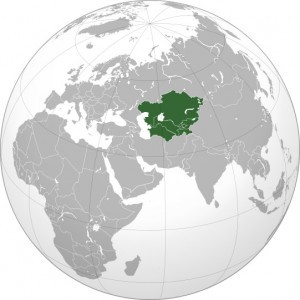Viewing results 1 - 6 of 23
BISHKEK (TCA) — Improved nutrition, reductions in rural poverty, sustainable management of Kyrgyzstan’s natural resources, and adapting to climate change are central themes in the country’s new cooperation agreement with the UN Food and Agriculture Organization (FAO). Continue reading
KABUL (TCA) — The government of Afghanistan and the German KfW Development Bank signed a financial agreement on November 23 according to which Germany will provide 6.44 billion AFs (around $93 million) in aid to the Afghan government, TOLOnews reported. Continue reading
ASTANA (TCA) — Kazakhstan, now ranked as a Middle-Income Country, and the United Nations Development Programme (UNDP), the world’s preeminent development knowledge broker, and the Regional Hub of Civil Service in Astana organized a South-South Development Exchange Symposium in Astana, that is taking place from November 14 to 17, bringing together the top government officials from 43 African countries. The objective of the symposium is to serve as a platform to review and exchange lessons and experiences to help African countries better design and implement their economic structural transformation policies. Continue reading
BISHKEK (TCA) — The World Bank has been working in Central Asia for more than 20 years to support the region’s countries in their efforts to end poverty and boost shared prosperity for all, Lilia Burunciuc, World Bank Regional Director for Central Asia, wrote in her article entitled ‘Dream Bigger: Building the Middle-Class in Central Asia’, published on the Bank’s website on October 17, the International Day for the Eradication of Poverty. Continue reading
KABUL (TCA) — Afghanistan’s Ministry of Finance on July 12 signed a financing package of $482.3 million in grants with the World Bank to help the country through a difficult phase in its struggle to end poverty. Continue reading
KABUL (TCA) — Poverty and unemployment in Afghanistan rose in the three years following the start of international troops withdrawing in 2011 due to a sharp fall in growth and rise in insecurity, a joint report by the Government of Afghanistan and the World Bank said on May 8. With the country continuing to struggle with sluggish growth and deteriorating security, poverty is likely to have remained at high levels. Continue reading






